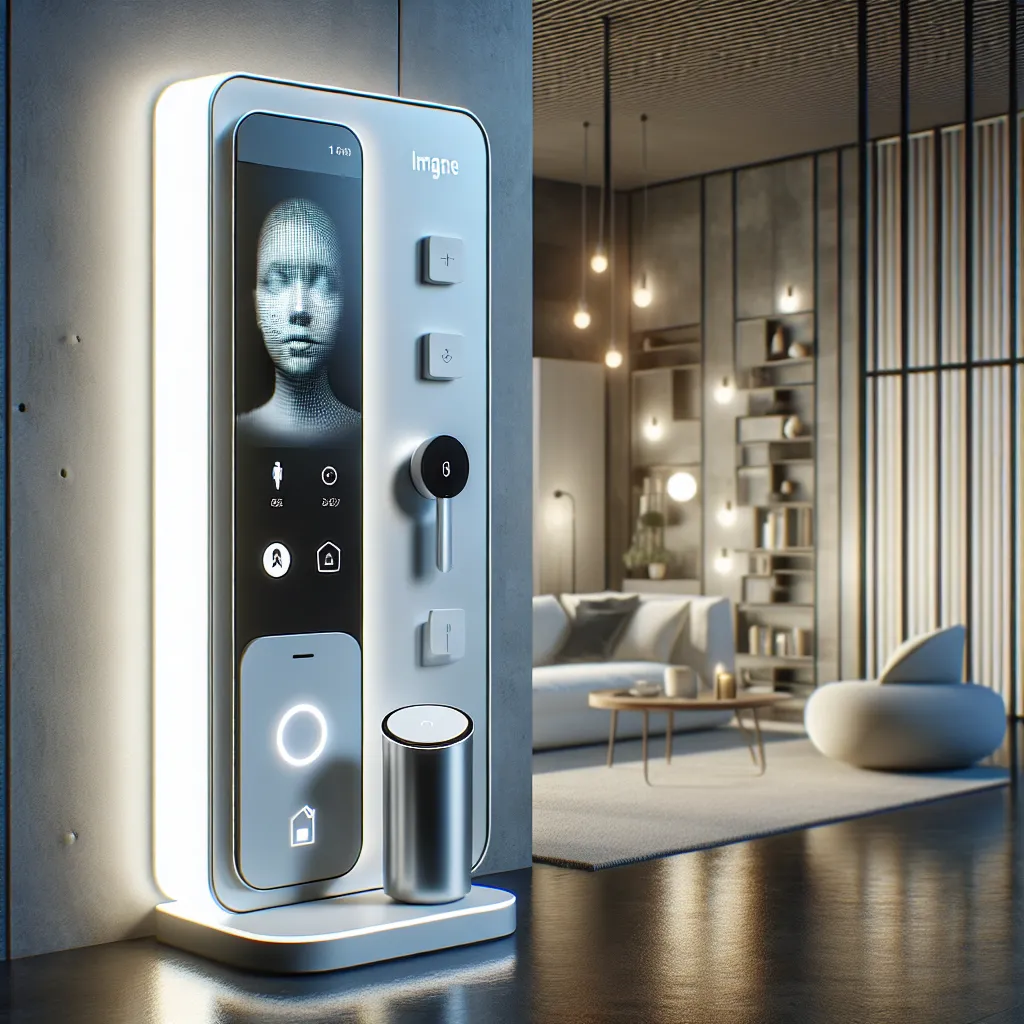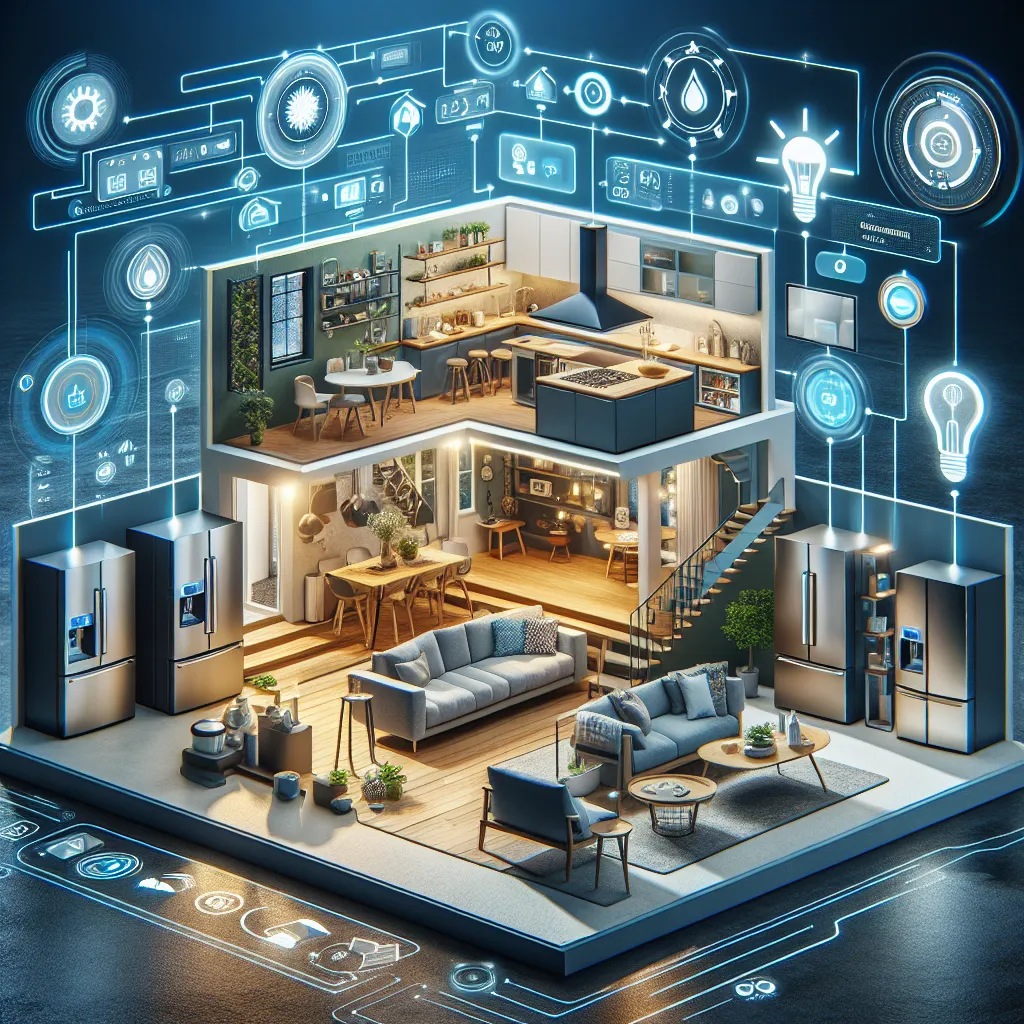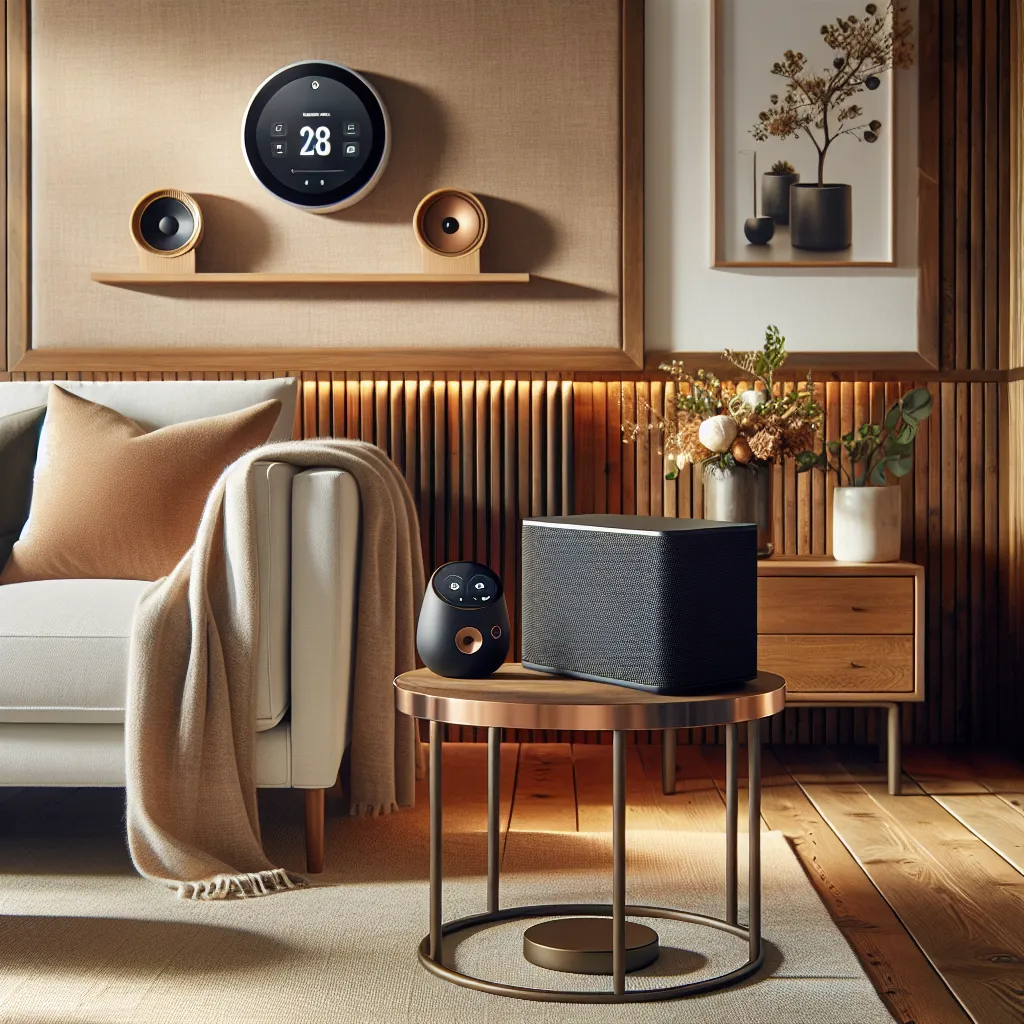The Ultimate Guide to Smart Home Security Tips

Top 10 Smart Devices to Enhance Home Security
Enhancing home security through smart devices has become increasingly popular in recent years. Whether you’re concerned about burglary, fire, or simply want to keep an eye on your property while you’re away, there are a variety of smart devices that can help you achieve peace of mind. In this article, we’ll explore the top 10 smart devices to enhance home security.
1. Smart Locks: These devices provide keyless entry and often allow you to monitor who is entering and leaving your home, providing an additional layer of security.
2. Video Doorbells: With motion detection and two-way audio, video doorbells let you see and speak to visitors from your smartphone, offering a convenient way to monitor your front door.
3. Security Cameras: Choose from indoor and outdoor cameras with features such as night vision, motion detection, and cloud storage to keep an eye on your home at all times.
4. Smart Light Bulbs: These bulbs can be set to turn on and off at different times, giving the appearance of someone being home even when you’re away.
5. Window and Door Sensors: Get instant alerts to your smartphone when a window or door is opened, adding an extra layer of security to your home.
6. Smart Smoke and Carbon Monoxide Detectors: Receive notifications on your phone if these detectors are triggered, allowing you to take action immediately, whether you’re at home or away.
7. Smart Garage Door Openers: Control and monitor your garage door from anywhere via your smartphone, ensuring it’s never left open unintentionally.
8. Smart Thermostats: These devices not only help you save on energy costs but can also be set to turn on lights or adjust temperatures to make it appear as if someone is home.
9. Smart Alarm Systems: Integrated with other devices, smart alarm systems offer comprehensive security, with the ability to arm and disarm remotely.
10. Wi-Fi Extenders: To ensure a strong and secure connection for all your smart devices, consider investing in Wi-Fi extenders to eliminate any dead zones in your home.
By incorporating these top 10 smart devices into your home security setup, you can maximize protection and convenience, ultimately gaining a greater sense of security whether you’re at home or away.
Securing Your Smart Home: Best Practices and Common Pitfalls
In the age of interconnected devices, securing your smart home has become more crucial than ever before. Implementing best practices for smart home security is essential to safeguard your privacy and protect your household from potential cyber threats. One of the common pitfalls in smart home security is the failure to regularly update the firmware and software of smart devices. Ensuring that all your devices are equipped with the latest security patches and updates is fundamental to mitigating vulnerabilities.
Another key best practice is to use strong, unique passwords for each smart device and Wi-Fi network. Many people fall into the trap of using easy-to-guess passwords, which can leave their smart home susceptible to hacking attempts. Additionally, enabling multi-factor authentication can add an extra layer of security to your smart home ecosystem, making it more resilient against unauthorized access.
Furthermore, being mindful of the permissions granted to third-party apps and devices is critical. Limiting access to only necessary functions and data can help prevent potential data breaches and intrusions. Regularly reviewing and revoking unnecessary permissions is an important aspect of maintaining smart home security.
It’s also essential to be cautious of IoT (Internet of Things) devices with weak security features. When integrating new smart devices into your home, researching their security capabilities and track record is imperative. Opting for devices from reputable manufacturers known for prioritizing security can significantly reduce the risks associated with smart home vulnerabilities.
By adhering to these best practices and being aware of common pitfalls, you can establish a robust security framework for your smart home, fostering a safe and protected environment for you and your family.
The Future of Home Security: Integrating AI and IoT
As we look to the future of home security, the integration of Artificial Intelligence (AI) and the Internet of Things (IoT) is set to revolutionize the way we protect our homes. AI-powered smart home security systems have the capability to learn and adapt to our daily routines, making them more efficient and effective in safeguarding our living spaces. By analyzing data from connected devices such as security cameras, motion sensors, and smart locks, AI can detect unusual patterns and potential threats, sending alerts to homeowners and authorities in real time.
Moreover, the combination of AI and IoT enables seamless connectivity and communication between various devices, creating a comprehensive network that can anticipate and prevent security breaches. For instance, when an AI-powered security system detects a possible intrusion, it can automatically trigger smart lights to turn on, activate sirens, and alert the homeowner via their smartphone. This level of automation and proactive security measures significantly enhances the overall protection of the home.
Furthermore, AI algorithms can continuously evolve and improve based on new data and experiences, making smart home security systems increasingly adept at recognizing and responding to potential risks. This adaptive learning capability ensures that the security measures remain effective against evolving threats, providing homeowners with greater peace of mind.
In conclusion, the future of home security lies in the seamless integration of AI and IoT technologies, empowering smart home systems to not only react to security incidents but also predict and prevent them. As these advancements continue to develop, homeowners can expect a new era of proactive, intelligent home security that offers superior protection and convenience.



